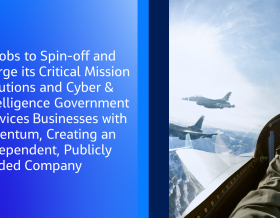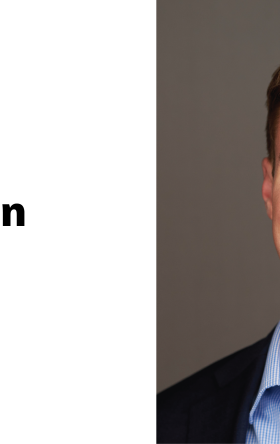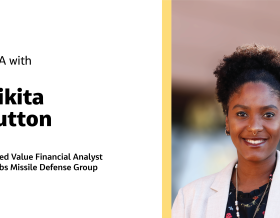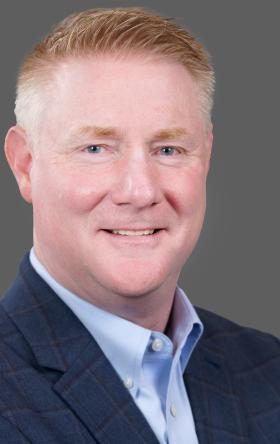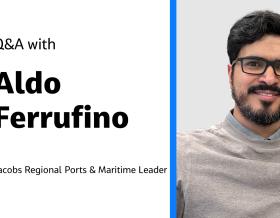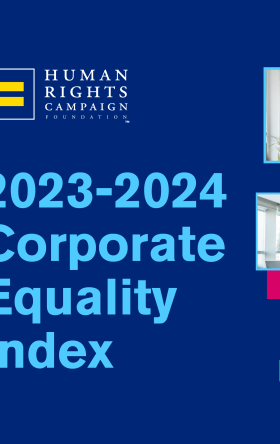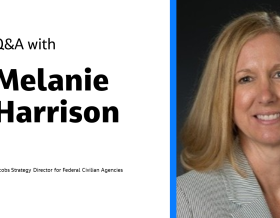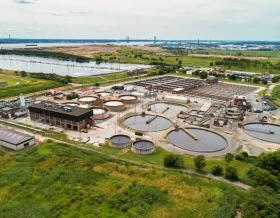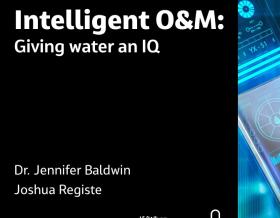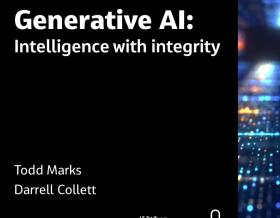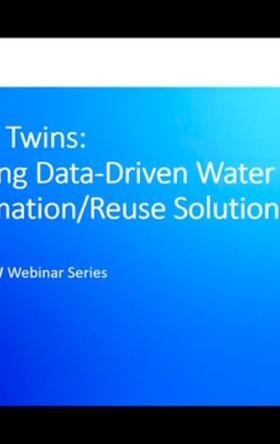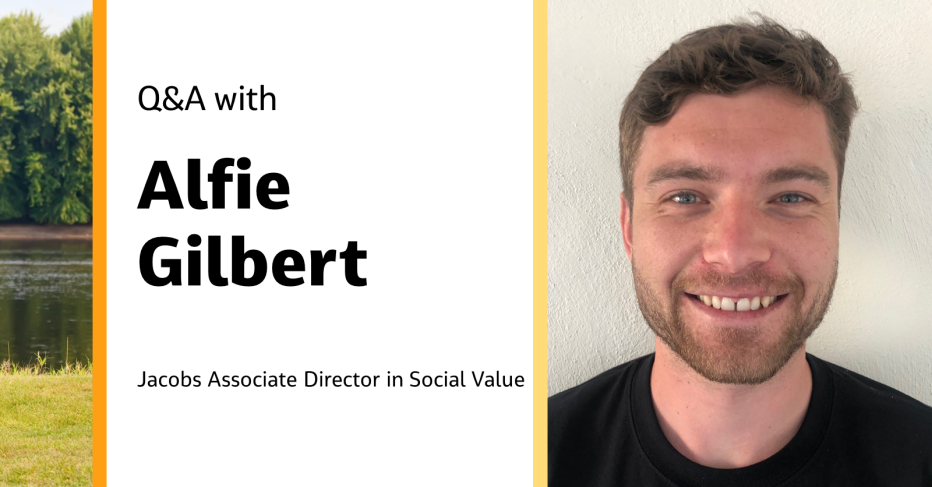
When looking at Alfie Gilbert's meteoric rise and early career wins, you’d be forgiven for thinking he’s an overnight success or that he’s cracked a secret social value formula. In both cases, you’d be wrong. Alfie’s hard-earned wins and reputation have come through his tireless work ethic, his partnerships with talented teams, and his experience tackling the toughest projects and programs in the private and public sectors.
Alfie started his career in sustainability consultancy and began specializing in social value in 2019. Since then, he’s worked to upskill, develop understanding and embed social value throughout the lifecycle of services for key infrastructure clients across multiple sectors, including transportation, healthcare, real estate, energy and environment.
The social value sector needs more people like Alfie. As the demand for social value and its measurement grows, the market faces constant changes in procurement processes and regulatory requirements and the increasing impact of climate change. On top of those challenges, it’s saddled with rising costs and a severe shortage of incoming talent.
The key question: in the face of all these challenges, how do organizations get the best return for social value investment? The short answer is that we need community-focused, digitally-enabled, resilient solutions that keep iterating and adapting to change, both political and environmental. Safeguarding communities and protecting natural spaces, our wildlife and our future require data-driven decision-making, tech-led innovation and, crucially, the right leadership — shown in Alfie's insights below.
What motivated you to pursue a career dedicated to creating social value?
There are two key drivers. The first is that I’ve always been interested in people. I love learning and understanding how people tick and why society is how it is. A social value career provides the opportunity to help people and champion people-first decision-making in business. The second driver is the opportunity to work in a job where we’re trying to make a positive difference in the world each day and can see tangible benefits or outcomes.
How would you define social value?
Jacobs has a pretty spot-on definition: “Social value is the net impact a business, project or policy has on societal wellbeing.” Like sustainability, it considers the social, economic and environmental impacts but looks at this through a community outcome lens to ask: How does this impact someone’s life?
In its simplest form, social value challenges us to understand the changes we make in people’s lives and what value people place on these changes.
Can you describe some of the social value projects you've worked on?
I’ve been involved in various Environment Agency social sustainability workstreams at Jacobs. I’ve been seconded into the Environment Agency’s Central Sustainability Team as a social specialist and have supported at a more regional level through the Agency’s working groups. More recently, I’ve started getting involved at a program and project level to help the Agency better understand, strategize and embed social equity into their delivery.
My standout project would have to be the secondment into the Environment Agency, where, with my Agency counterpart, we’ve led in updating the Agency’s approach and focus on social equity (otherwise termed people and community benefits) as part of the wider refresh of their sustainability strategy: eMission2030. This has involved helping define a standardized definition around social equity and people outcomes more broadly, along with a corresponding action plan for how they can deliver against this. Within this role, we’ve carried out significant consultations with internal and external stakeholders of the Environment Agency to ensure the core, central, strategic approach is applicable and achievable at a local level for teams getting out and delivering services.
What excites you most about the recent work you've been doing?
I think the Environment Agency would agree with me in saying they’re in the early stages of their journey around social value (or social equity) and, therefore, it’s an excellent opportunity to be at the forefront of this development in a major public body that has significant reach into, and influence, across so many people’s lives. There is also real internal buy-in to social equity and a passionate team that wants to drive forward best practices in this space, so there’s lots to learn and varied work to get stuck into!
I’m also excited about the digital innovation we see on projects. We’re at the forefront of digital tools, and we’ve seen real success in automation — it has saved us lots of time and enabled us to centralize our data. We have built toolkits that deliver a single source of truth, offering earlier project engagement and driving more time savings. We’ve also built a cutting-edge design automation tool that has saved us substantial time in design works for a flood protection scheme. Lastly, we also have our own in-house developed carbon management software to save time and cost. This is paired with seconded carbon experts who offer their insights and intelligence.
“Alfie’s external perspective on social value has been extremely valuable to both our team and wider Environment Agency teams, demonstrating that he has an in-depth and trusted understanding of the theories and approaches we are developing within the organization.”
What challenges have you encountered in your efforts to develop social value?
The single greatest barrier to development is a lack of understanding and clarity on the definition of social value. In the U.K., we’ve had social value legislation since 2012, but several common misperceptions still exist. For example, some believe that social value is just corporate social responsibility (CSR) rebadged or that it’s equality, diversity and inclusion (EDI) or health and wellbeing wrapped up in a different guise.
Additionally, there are still challenges around buy-in, with a lack of understanding surrounding the varied benefits of embedding social value and social equity within design, delivery and operation of organizations and projects.
The Environment Agency has embraced this challenge, and we’ve seen their organizational commitment and ambitions around social value/equity reflected in updating eMission2030. There’s been significant engagement and interest across senior leadership with how and what is being developed, and we’ve seen a wide range of stakeholders actively reach out to understand how they can support the workstream. This corporate and workforce buy-in is critical for setting a culture where social value is embedded across the Agency.
I believe we’ll see social value become a more critical driver across the Agency and the wider organizations we work with at Jacobs.
What strategies would you recommend to organizations to enhance their contribution to social value?
There are a few critical pieces of learning that can enhance their approach and creation of social value:
- Recognize that social value isn’t a tick-box exercise or simply a reporting mechanism. It needs to be embedded within your organization and in what and how you deliver rather than treated as an addition.
- You need to manage social value to maximize it. Social value can be used as a management tool to help us understand the full impact and value of how and what we deliver, informing better decision-making.
- The fundamental question often overlooked when considering social value is ‘why.’ It’s the first question that needs answering when defining your approach to social value to ensure it best meets your needs. Organizations often go straight into ‘doing’ social value without any real direction or purpose, leading to less meaningful value creation as outcomes may not align with your stakeholders' needs. You need to know why you are doing something to deliver on it.
About the interviewee

As an Associate Director for Social Value within Jacobs, Alfie Gilbert brings over eight years of experience working within social sustainability. He has a proven track record of supporting multiple clients across the U.K. and Europe in major infrastructure, including transport, energy, real estate, utilities, facilities management and environmental services. Alfie’s experience covers organizational and project-level engagement, supporting stakeholders in understanding, embedding, managing and reporting on social value and associated impacts.
His background brings together learning and concepts across different touchpoints — including ESG, modern slavery, procurement, performance management, equality, diversity, inclusion and wellbeing — to provide governance and solutions that create tangible differences. Alfie is a Fellow of the Institute of Corporate Responsibility and Sustainability and a Practitioner of the Institute of Environmental Management and Assessment.
Join #OurJacobs team
What drives you drives us as we work to build a better world – together. At Jacobs, every day is an opportunity to make the world better, more connected, more sustainable. We’re always looking for dynamic and engaged people to join our team. Bring your passion, your ingenuity and your vision.

